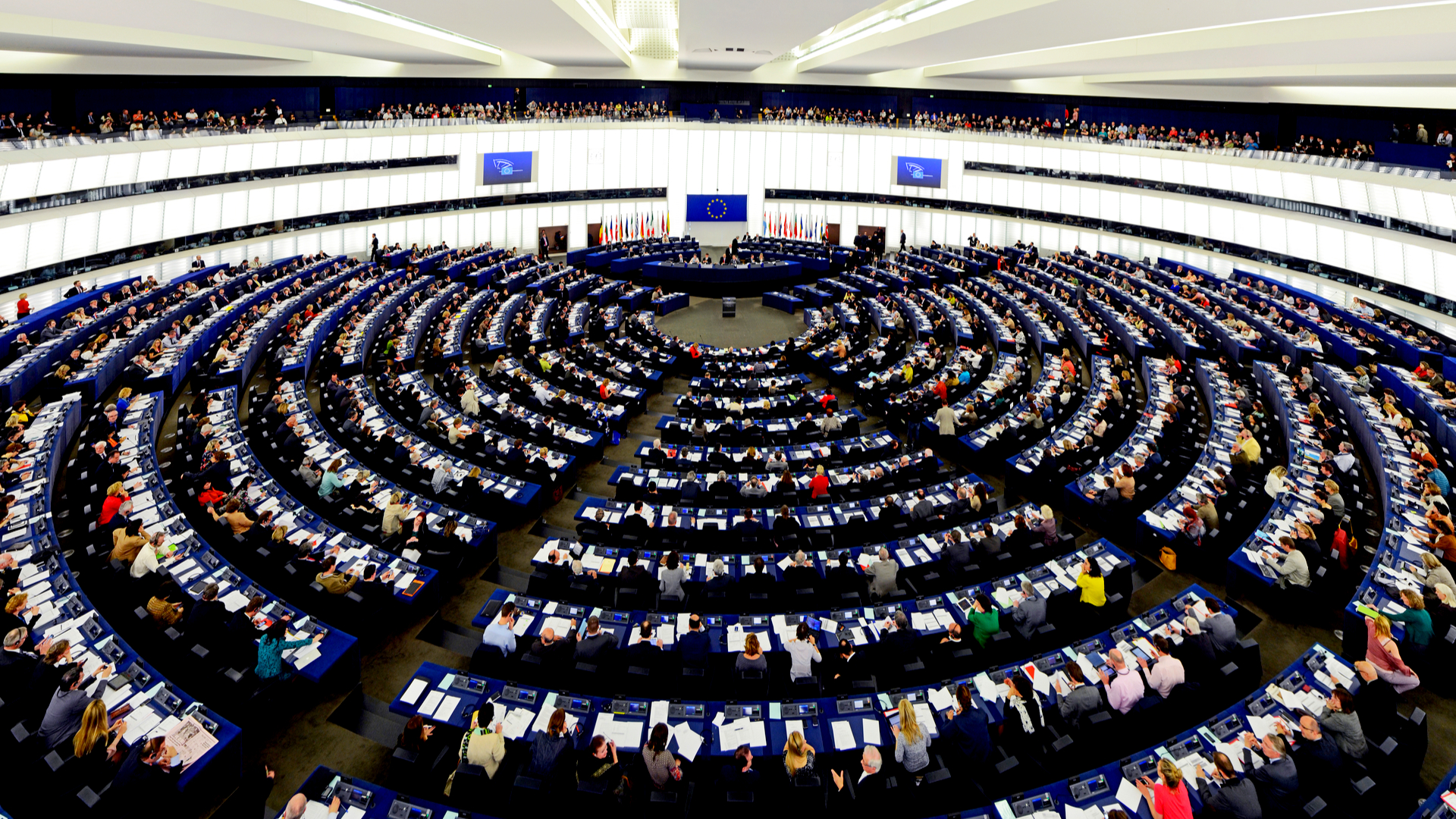Article 13 and Article 11 talks break down
Mounting opposition to the proposed controversial directive could kill it off for good


The trilogue negotiation phase regarding the final wording of Article 13 and Article 11 of the European Copyright Directive was due to begin today, but the closed-door meeting was cancelled on Friday.
The meeting was cancelled as a result of a lack of adoption and support for the proposal in its current form, tweeted Julia Reda, MEP for the German Pirate Party.
The European Council firmly rejected the negotiating mandate which was supposed to outline the position held by member states on the controversial directive.
Reda says that while a trilogue meeting could still happen before the European elections in May, the likelihood has decreased
Eleven of the 28 member states voted against the compromise text proposed by the Romanian Council presidency earlier this week. Opponents include Germany, Belgium, the Netherlands, Finland and Slovenia, who already opposed a previous version of the directive, as well as Italy, Poland, Sweden, Croatia, Luxembourg and Portugal, Reda says.
The Romanian Council presidency will go back and redraft a new text to try and reach a qualified majority but the opposition is mounting and there is hope that the directive will ultimately be scrapped.
The trilogue negotiations were due to begin today with a view to having final legislative wording completed by March or April. Reda points out that just because negotiations have come to a halt, it doesn't spell the end of the directive.
Get the ITPro daily newsletter
Sign up today and you will receive a free copy of our Future Focus 2025 report - the leading guidance on AI, cybersecurity and other IT challenges as per 700+ senior executives
Aside from member states, core opponents of the directive are diverse. From YouTube vloggers to internet service floggers, there are many people with reasons to hate the directive.
In an open letter penned to President Juncker, MEP Axel Voss and other leaders involved with the directive, 58 signatories including Human Rights Watch and Reporters Without Borders had the following to say:
"A legislative provision that requires internet companies to install a filtering system would almost certainly be rejected by the Court of Justice because it would contravene the requirement that a fair balance be struck between the right to intellectual property on the one hand, and the freedom to conduct business and the right to freedom of expression, such as to receive or impart information, on the other.
"If internet companies are required to apply filtering mechanisms in order to avoid possible liability, they will. This will lead to excessive filtering and deletion of content and limit the freedom to impart information on the one hand, and the freedom to receive information on the other."
What is Article 13?
The full details of the Article can be found here, but if you're not into reading legal text, it essentially means sites such as YouTube, Vimeo, Facebook, Twitter and Soundcloud - sites that host user-generated content - become legally liable for the copyrighted material it hosts. For YouTube's case, this is the large majority of it.
Labelled the 'meme ban', the article in its current wording would forbid taking work owned by someone else, say a song or a picture, and altering it in any way for the purpose of republishing it to the web.
This effectively would ban the process of creating 'memes', which are entirely driven by the ability to take an image and then edit it to provide some humour. Under the new directive, this would be prohibited, as would the remix of any song, unless the remixer had written consent from the original artist to use their work.
What is Article 11?
Article 11 is more easy to digest than Article 13. Also known as the 'Link Tax', it targets news aggregators such as Google and Apple who each have news services which curate the most important news stories of the day, using AI-driven algorithms. It essentially attempts to help news outlets generate more money for the content they produce.
Rather than isolated to traditional outlets, news is now plastered all over Facebook walls, Twitter feeds and even Instagram accounts. However, it's often the case that users glance at headlines and brief story descriptions to get the jist of a news bulletin, and then move on. With Article 11, companies would be able to charge a tax on Facebook for those missed clicks.

Connor Jones has been at the forefront of global cyber security news coverage for the past few years, breaking developments on major stories such as LockBit’s ransomware attack on Royal Mail International, and many others. He has also made sporadic appearances on the ITPro Podcast discussing topics from home desk setups all the way to hacking systems using prosthetic limbs. He has a master’s degree in Magazine Journalism from the University of Sheffield, and has previously written for the likes of Red Bull Esports and UNILAD tech during his career that started in 2015.
-
 Cleo attack victim list grows as Hertz confirms customer data stolen
Cleo attack victim list grows as Hertz confirms customer data stolenNews Hertz has confirmed it suffered a data breach as a result of the Cleo zero-day vulnerability in late 2024, with the car rental giant warning that customer data was stolen.
By Ross Kelly
-
 Lateral moves in tech: Why leaders should support employee mobility
Lateral moves in tech: Why leaders should support employee mobilityIn-depth Encouraging staff to switch roles can have long-term benefits for skills in the tech sector
By Keri Allan